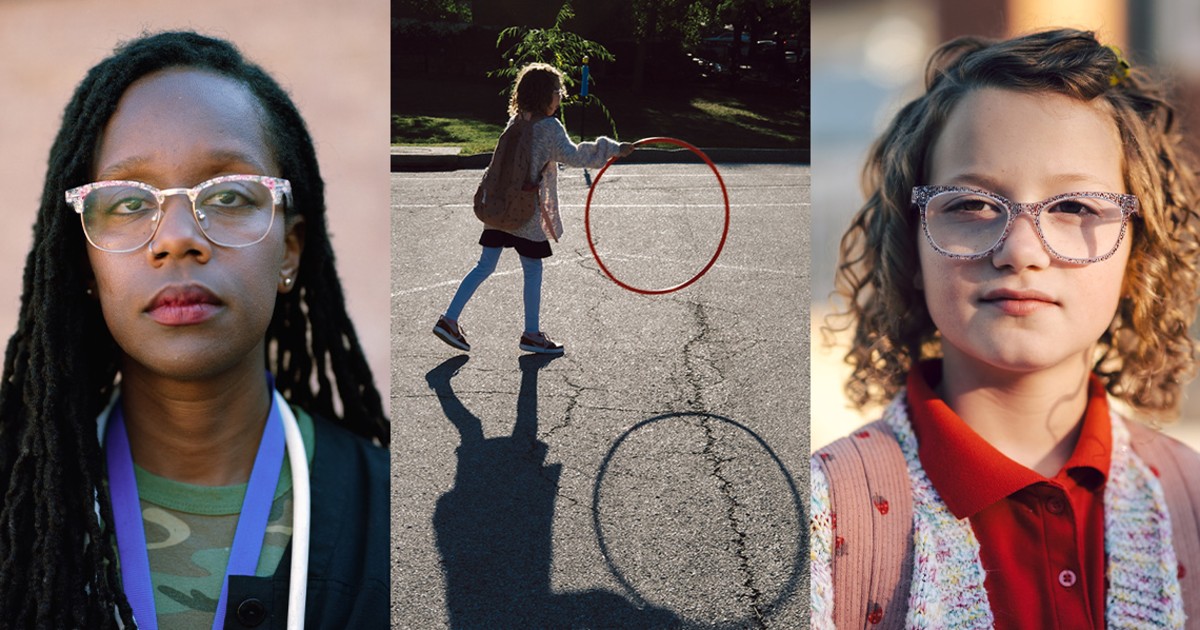Some children have compromised immune systems or illnesses that prevent them from getting vaccines. Increasingly, however, families are citing “religious” or “personal” reasons for forgoing vaccination.
That kind of excuse has been repeatedly encouraged by Kennedy, who says vaccination is a “personal choice.”
HHS has notified schools and clinics that receive federal money from the Vaccines for Children Program, which provides free shots for uninsured or underinsured kids, that they would be required to recognize any “religious and conscience-based exemptions to vaccine mandates.”
Bill Winfrey, vice president of policy and strategic initiatives at Saint Louis Integrated Health Network — a nonprofit that works to tackle health disparities — believes doubts about vaccine safety sown by the “most trusted health officials in the country” are partly to blame.
“In a situation of doubt, it’s just easier to be inactive. It’s easier to say, ‘Well, if there’s any question, I’m just not going to do it,’” he said.
For most of the nearly 20% of kindergartners who haven’t had their full schedule of shots, their families have never requested an exemption; the children are simply inadequately immunized.
‘Measles can be deadly’
Kimberly Jones, a mother of five living in a vibrant, diverse area south of St. Louis’ downtown area, was careful to make sure her four older children were fully vaccinated. Any shot their pediatrician recommended, she had the children get them on schedule. They were all healthy.
Her view on vaccines, however, changed when her youngest child, 4-year-old Za’riyah, stopped meeting typical developmental milestones around the time the little girl got her first MMR shot in 2023.

Za’riyah’s since been diagnosed with autism. Though there’s no scientific evidence linking the MMR vaccine to disorders like autism, Jones, 44, said the dramatic increase in autism spectrum disorder diagnoses over the past two decades makes her question whether the shots have changed somehow.
“I no longer trust any vaccines, old or new,” Jones said.
Boleyjack of Saint Louis Public Schools said more parents have shared their worries about autism and vaccines in recent years.
“I usually just use my own personal story to say, ‘You know what? I have a child with autism. I strongly do not believe that his autism was caused from immunization,’” she said. “There’s no research to back it up.”
Some have changed their minds. Others haven’t. “And that’s fine,” she said. “I just want them to have accurate information.”
Boleyjack’s goal for the coming school year is to hit an 80% vaccination rate within the public schools — still far below herd immunity, but an improvement — by educating parents and increasing school-based access to vaccines and general health care.
“Measles can be deadly,” she said. “That’s what’s scary about it.”
‘Do you have a gun in your home?’
For St. Louis parents Emily Pratt, 39, and her husband, Ryan Pratt, 41, the declining vaccination rates are a cause for alarm.

Their young daughter, Lucy, has a rare autoimmune disease called juvenile dermatomyositis, or JDM, that leaves her almost defenseless against even minor illnesses. She’s on medication to suppress her overactive immune system from attacking her body.
That means Lucy has little to no ability to fight off even a common cold.
“We have four kids. If one of them brings a cold home, they’re better in three days,” Emily Pratt said. But Lucy “has a cold for two weeks. She gets sicker than typical kids.”

